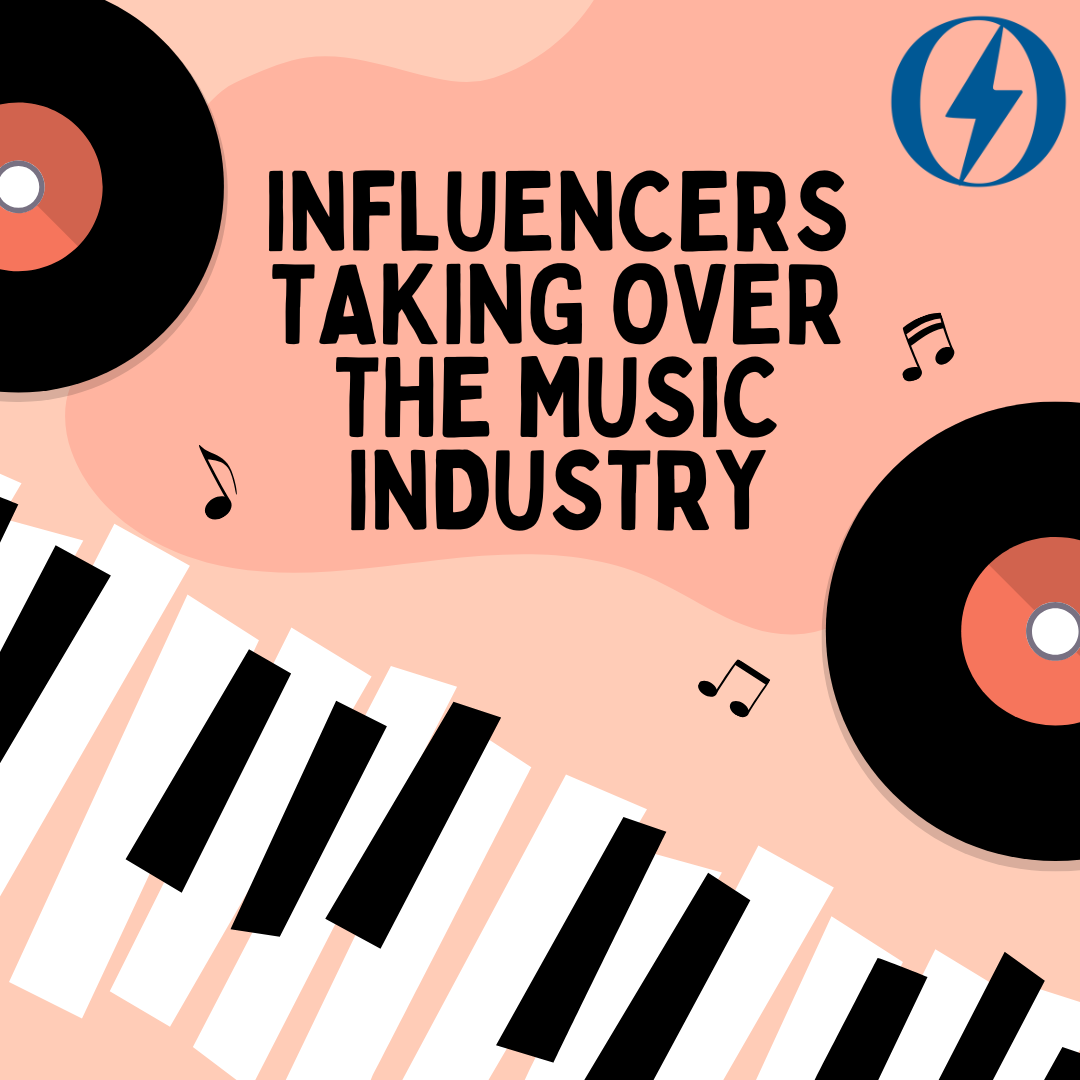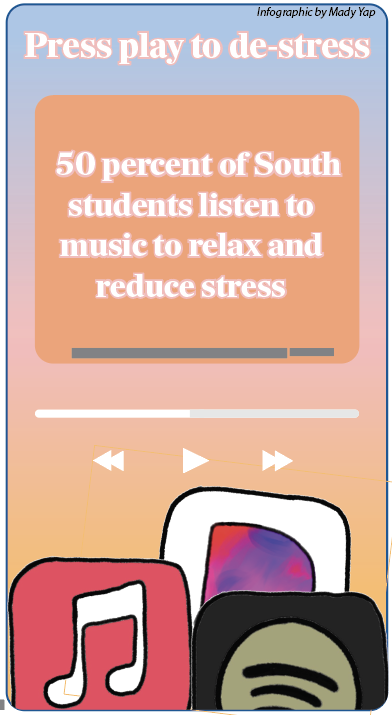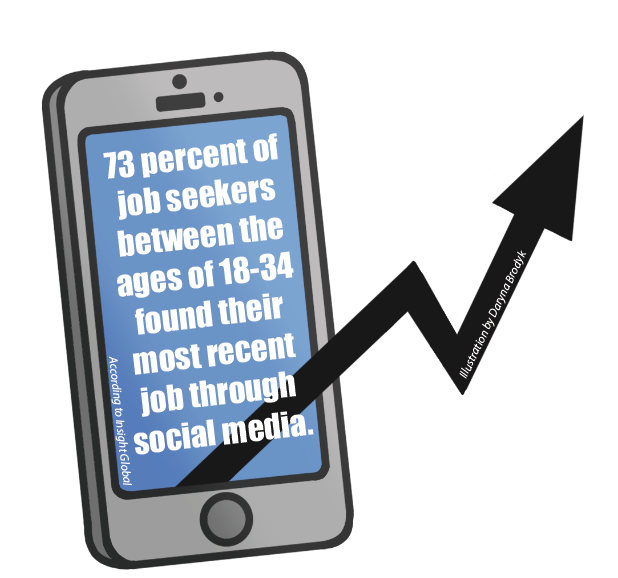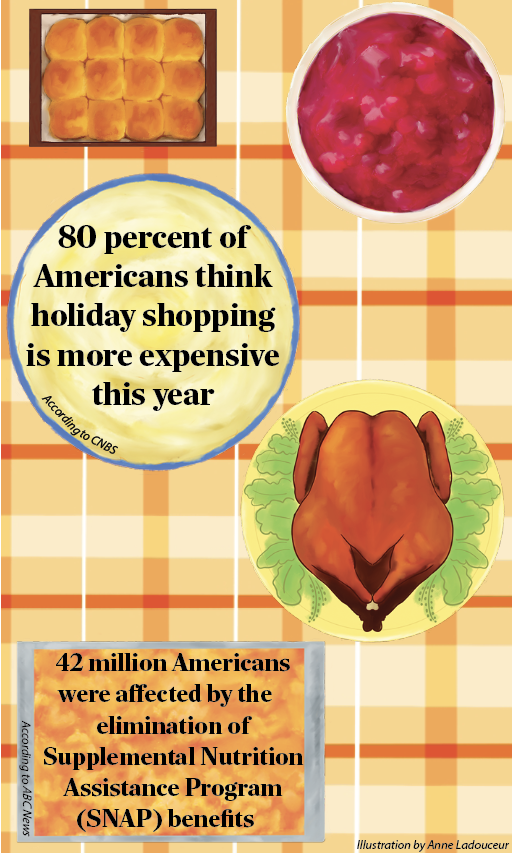As social media prominence continues, influencers, also known as content creators, continue to gain large followings and fans. With this increased attention on influencers, an interesting phenomenon has appeared: influencer music.
Music is embedded into almost all forms of media, forging a connection between the viewer and the video. However, influencers have begun to capitalize on their fame by creating music themselves. Although catchy, their songs lack key components of true musicians. When listening, I feel as though they are lacking talent, originality, and overall quality. This troubling standard suggests that social media seems to value fame over artistry.
A glaring example of this is TikTok star Dixie D’Amelio released a single, “Be Happy”. The song gained traction quickly as it spiraled into fame on TikTok. This being said, I believe this song lacked real music talent and was blatantly bad.
The decrease in the value of music produced by social media influencers is portrayed in a variety of ways but is especially prominent in hate comments. South students can attest to this growing trend in the music industry, as 83 percent of students have encountered bad music created by influencers, according to an unscientific study conducted by The Oracle.
While this may be the case for many influencers, it can’t be said that all music discovered under the lens of social media should be categorized as bad. Many smaller-scale artists have used forms of social media such as TikTok, Instagram, and YouTube as a catalyst to fame. With a simple click of a button, social media gives these undercover artists a chance to showcase their talents to a large audience.
There is a key difference between these two groups: using social media as a tool to uncover talent and using social media as a ploy to gain attention. Certain influencers are taking their fame and wrongfully capitalizing on industries that are already filled. We don’t need more bad music from former dancers and makeup artists who are stealing the spotlight from hardworking minor artists.
As constant consumers, it’s a necessity for us to be conscious of who and what we support. Even unconsciously, we could be promoting music simply by liking a video, letting a song play, or complaining about an influencer’s bad music. Acts of engagement and discussion promote the surplus of blatantly bad music.
Real change comes from us, the consumer. Next time you encounter yet another pop song made by a TikTok influencer, simply scroll past, skip the song, and find ways to engage with the music you genuinely value.
Let’s create a world that praises talent and hardwork before the radio is filled with a bunch of catchy, unbearable songs.








